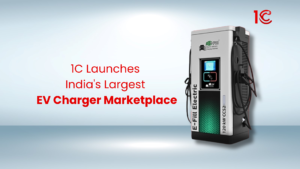
A charging station supplies electric energy to charge vehicles, in public, workplace, commercial, residential settings, including battery swapping options.
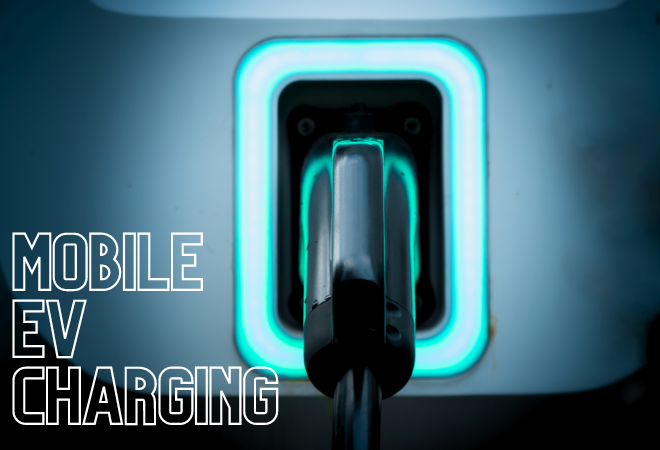
Mobile EV Charging introduces various solutions for EV owners. Unlike regular charging stations, mobile EV charging is flexible and fits different lifestyles. These chargers act like portable power banks for EVs, having built-in batteries that change how we charge. This article explains the types of mobile EV chargers that will help select the right one and the differences between AC and DC chargers. We’ll also know about the fast charging, the benefits, and things to consider in portability. This journey aims to simplify Mobile EV Charging, explaining its importance in the growing world of electric vehicles.
Topic | Content |
What is Mobile EV Charging? | A flexible solution catering to EV charging needs outside traditional stations, featuring built-in batteries for on-the-go charging. |
Types of Mobile EV Chargers | Standard, Fast Charging, Portable with Battery Storage, Solar-Powered, Multi-Connector, Smart, Heavy-Duty, LiFePO4 Fast Charging DC. |
Choosing the Right Charger | Factors include travel frequency, EV range, compatibility, battery type, safety features, charging speed, portability, cost, and user reviews. |
Difference Between AC and DC Chargers | AC chargers are generally slower and more compact, while DC chargers offer rapid charging but are larger and may need professional setup. |
What is Fast Charging? | A method to quickly recharge EV batteries in 20-30 minutes, using Direct Current (DC) technology. Compatibility with the vehicle is crucial. |
Portability Factors | Size, weight, compact design, convenience for travel, ease of handling, and adaptability to different locations influence portability. |
Differences: Portable vs. Mobile EV Charger | Portable chargers plug into outlets, are lightweight, and suited for short trips. Mobile chargers have built-in batteries, offering more flexibility and suitability for long trips or emergencies. |
Advantages of Mobile EV Charging | Flexibility, convenience, reduced range anxiety, remote charging, emergency use, backup power, compatibility, fast charging, on-the-go charging, and peace of mind. |
Mobile EV charging refers to a flexible solution designed to cater to the charging needs of electric vehicles outside of traditional charging stations. Unlike fixed charging points, mobile EV charging is adaptable and can be used wherever the vehicle is parked or in transit. It involves a charging system equipped with a built-in battery, acting as a portable power source for EVs. This technology addresses concerns like “range anxiety,” providing reassurance to EV owners by offering on-the-go charging capabilities. Safety features, such as overcharge protection and thermal monitoring, are integrated into these devices, ensuring secure and efficient charging. Mobile EV charging accommodates dynamic lifestyles, offering a convenient and reliable way to charge EVs, especially in situations where access to stationary charging infrastructure is limited.
Different types of mobile EV chargers are designed to meet specific charging needs for electric vehicles on the move. These range from portable chargers to those equipped with battery storage, providing versatility to address concerns about charging accessibility and range for EV owners.
This type of mobile charger is designed for regular charging needs and is suitable for everyday use when a moderate charging speed is sufficient.
Equipped with advanced technology for quicker charging, these chargers are suitable for individuals needing a faster charge, making them convenient for busy schedules or extended journeys.
Featuring a built-in battery for energy storage, these chargers offer flexibility and independence from external power sources. They are practical for use in remote areas, during power outages, or as a backup power source for emergencies.
Integrating solar panels to use solar energy for charging, these chargers prioritise eco-friendly charging. They are well-suited for outdoor activities, camping, or situations where access to traditional power sources is limited.
With multiple plug options to accommodate various EV models and charging standards, these chargers are suitable for users with multiple electric vehicles or in public charging scenarios with diverse EV models.
Featuring smart capabilities such as connectivity, remote monitoring, and scheduling through mobile apps, these chargers provide convenience for users who want to monitor and control charging remotely, optimising their charging routine.
Designed for industrial or commercial use, these chargers are capable of charging fleet vehicles and handling heavy loads. They are suitable for businesses, vehicle fleets, or locations with a high demand for EV charging.
Using lithium-iron Phosphorus batteries for high energy density and rapid charging. These chargers are suitable for situations where fast charging is essential, such as during extended trips or emergencies.
Choosing the right type of Mobile EV Charger involves considering several factors to ensure it suits your specific needs.
Features | AC Charger | DC Charger |
Charging Speed | It is generally slower compared to DC chargers. | Rapid charging is faster than AC chargers. |
Portability | It is compact and more accessible to move around. | Larger and less portable compared to AC chargers. |
Installation | Usually plug-and-play, simpler installation. | It can require a professional setup due to higher voltage. |
Cost | Typically more budget-friendly. | Generally more expensive, especially for fast charging. |
Compatibility | More universally compatible with various EV models. | Specific to certain EV models, may require adapters. |
Safety Features | Advanced safety features but fewer than DC chargers. | Often equipped with more advanced safety features. |
Best For | Home use and locations where longer charging times are acceptable. | Public charging stations, industrial charging units, and situations where rapid charging is crucial. |
Fast charging is a method to rapidly recharge your electric vehicle battery. Unlike regular charging, which may take several hours, fast charging can complete the task in a shorter time, usually around 20 to 30 minutes. It’s akin to providing your EV with a quick power boost, particularly useful when time is limited and waiting for an extended period is not feasible. Fast charging stations typically employ Direct Current (DC) technology to expedite the charging process. However, it’s essential to note that not all EVs can use fast chargers, emphasising the importance of checking your vehicle’s compatibility before using such charging stations.
Portability is key in mobile EV chargers, influenced by factors like size and weight. Smaller, lighter units are comparable to carrying a convenient bag, making them easy to manage for weekend trips or unexpected charging needs. The charger’s design and practical applications add to overall portability, ensuring adaptability and ease of use in various situations and enhancing the user experience.
Consider the dimensions and mass of your mobile EV charger, likening it to the assessment of a backpack. Smaller and lighter chargers are comparable to carrying a compact and lightweight backpack, enhancing ease of handling and transport.
The charger’s structure plays a significant role. Compact units, characterised by a smaller and more streamlined design, offer convenience in carrying. This is similar to opting for a smaller, easy-to-carry bag over a bulkier alternative.
When contemplating a camping trip or a visit to friends, the practicality of having a portable charger that effortlessly fits in your car or can be easily carried is analogous to having a travel-friendly item, adding convenience to your journey.
Smaller units generally translate to easier handling, particularly if you’re managing it independently. It’s akin to handling a bag that is neither too heavy nor cumbersome – a simpler and more manageable experience.
The portability of the charger enables its usage in diverse settings whether you find yourself at home, in a remote location, or embarking on a road trip, possessing a charger that is effortlessly portable enhances its adaptability to varying situations.
Feature | Portable EV Charger | Mobile EV Charger |
Power Source | Plugs into an electrical outlet. | Self-contained with built-in battery storage. |
Charging Speed | Typically offers standard charging speed. | It may provide faster charging, especially with built-in batteries. |
Portability | Highly portable, lightweight and easy to carry. | Portable but can be heavier due to built-in batteries. |
Cost | Generally more budget-friendly. | Often more expensive due to added features like battery storage. |
Installation | Easy, plug-and-play setup. | May require additional setup due to the battery system. |
Energy Storage | Does not have built-in energy storage. | Equipped with built-in batteries for energy storage. |
Best For | Home use, short trips, and occasional charging. | Long trips, remote locations, and situations requiring backup power. |
Weight | Lightweight; easy to carry. | It can be heavier due to the presence of batteries. |
Use Scenarios | Convenient for daily use and occasional travel. | Useful in emergencies, remote locations, and as a backup power source. |
Compatibility | Generally compatible with various EV models. | It may have specific compatibility due to the built-in battery system. |
Charging Flexibility | Limited by the availability of an electrical outlet. | Offers more flexibility as it carries its power source. |
Examples | Level 1 chargers are often portable. | LiFePO4 Fast Charging DC Mobile EV Charger. |
Mobile EV Charging offers diverse solutions for electric vehicle owners, providing flexibility and convenience beyond traditional charging stations. These chargers act as portable power banks with built-in batteries, addressing range anxiety and enabling on-the-go charging. Understanding the types of mobile EV chargers, choosing the right one based on needs, and distinguishing between AC and DC chargers are important considerations. The advantages, including flexibility, reduced range anxiety, and the ability to charge in remote locations, make mobile EV charging a valuable resource in various situations, especially during emergencies. The portability factors, such as size, weight, and adaptability to different locations, enhance user experiences.
Ionage EV Charging is a company that provides electric vehicle charging solutions. They offer services that allow you to charge your EV at your convenience.
Yes, you can charge an EV on your own time using various charging solutions, including home charging stations and mobile EV chargers.
Several companies provide mobile EV charging services, such as FreeWire Technologies, SparkCharge, and Beam Global. These companies offer solutions that allow you to charge your electric vehicle wherever you are, providing flexibility and convenience.
A charging station supplies electric energy to charge vehicles, in public, workplace, commercial, residential settings, including battery swapping options.
Delhi mandates 5% parking for EVs, boosting charging infrastructure. Extended EV policy offers subsidies, enhancing sustainability.
EarthronEV offers diverse EV chargers for seamless highway connectivity. Despite 24/7 accessibility, maintenance and security concerns persist.
EV ownership in India poses challenges - limited charging, high insurance costs, and battery degradation. Collaborative efforts needed for widespread adoption.
Discover the evolution of EV batteries from the 19th century to cutting-edge solid-state technology, driving sustainability in transportation.
Replacing an EV battery is a multifaceted process, impacted by factors like warranty, technology, and labor costs. Maintanence is key for long battery life
1C EV Charging App has taken a proactive approach to ensure that EV owners can access 100% verified charging stations whenever and wherever they need them.
Electric vehicle batteries have a multifaceted lifecycle, from use in vehicles to storage and recycling, contributing to sustainability.
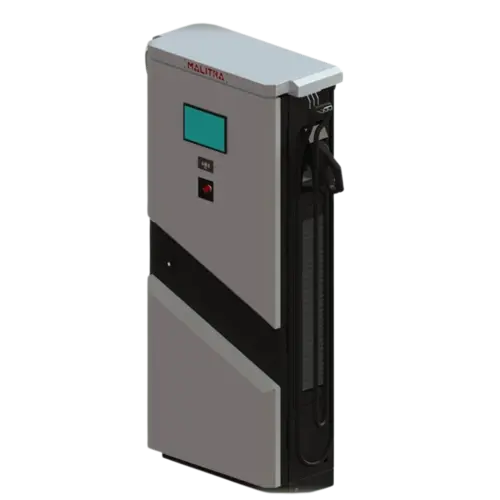

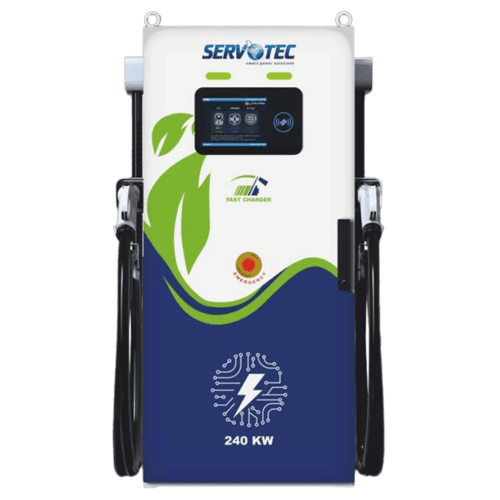
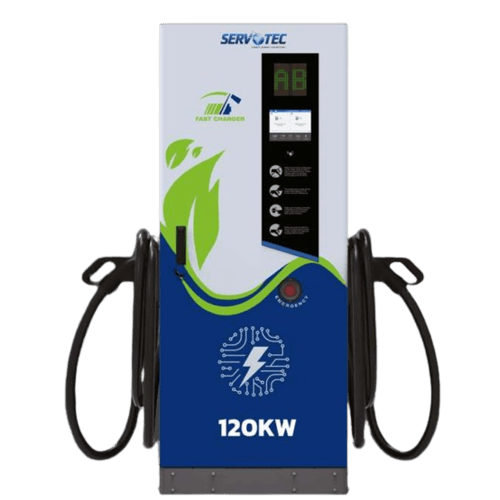
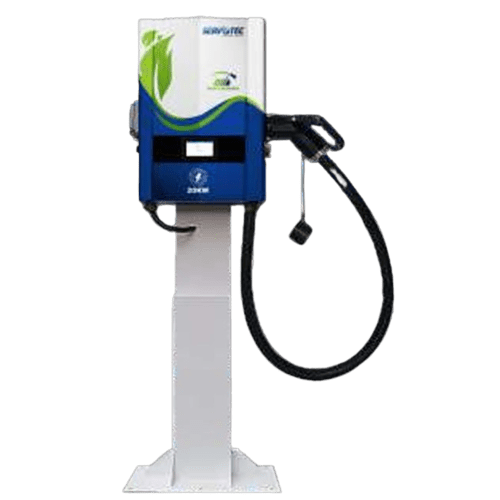
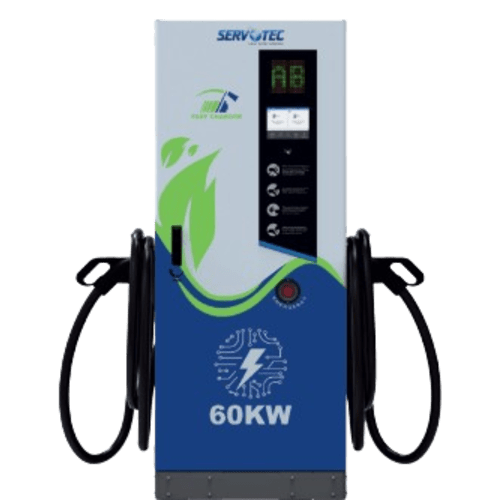
© 2024 Massive Mobility Private Limited. All rights Reserved